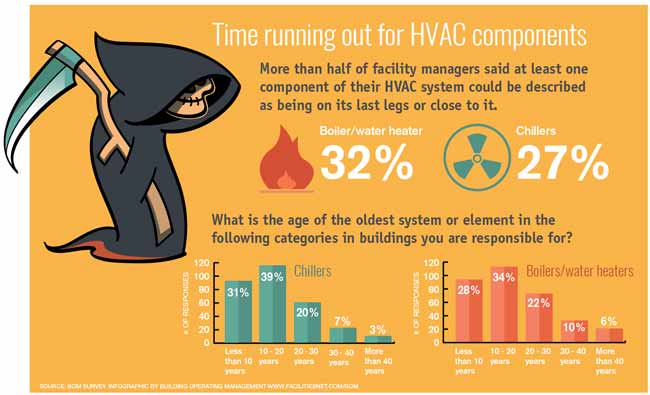Heatpump Vs Furnace - Which Is The Better Home Heating Alternative For Your Home?
Heatpump Vs Furnace - Which Is The Better Home Heating Alternative For Your Home?
Blog Article
Web Content Writer-McLamb Mosegaard
Lots of house owners know with heating systems, which warm homes with oil or natural gas and push hot air through ductwork. They are reasonably inexpensive and can supply reliable home heating even throughout a winter power failure.
Nevertheless, they make use of nonrenewable fuel sources and produce carbon monoxide and various other air pollution. They also aren't as energy-efficient as a high-efficiency heat pump.
Price
Typically, heat pumps are more budget-friendly to operate than heaters. They generally utilize electricity and cooling agent to essence heat from exterior air, and afterwards transfer it right into your home. You can make use of less costly power rates throughout off-peak hours to additionally reduce your heating prices.
Unlike heat pumps, gas or wood-burning heating systems make use of burning to produce warmth, discharging flue gases into the atmosphere that can be hazardous to your wellness. These heating systems are likewise less energy-efficient than heat pumps, and their greater operating expense can accumulate over time.
Heaters are more complex than heat pumps and call for regular upkeep to make certain the proper feature of all components. Regardless of this, they have a tendency to last longer than heatpump with a regular life-span of two decades or even more. Nonetheless, you'll need to consider the price of gas, gas oil or wood and the additional equipment needed for setup and operation such as air ducts and air flow systems.
Energy Performance
Heat pumps have a greater power performance rating than furnaces. These systems use electrical energy to scavenge heat from the air, also in freezing temperatures. They can additionally remove excess warm from the home during warmer months and recycle it to cool down the system. Provider experts can help you establish the best model for your home on climate and source energy expenses.
Heating https://www.facilitiesnet.com/hvac/tip/Stunning-Visualization-Shows-Importance-of-Ventilation-in-Classrooms--47797 shed gas oil, lp, gas or various other sorts of fossil fuel to heat the air in the home. This air is then spread via ductwork using a big follower. Heaters produce greenhouse gases and need regular maintenance and tools upgrades to make certain risk-free operation.
The greatest advantage of a heating system is that it can be operated also in harsh wintertime problems due to the fact that it does not rely on outdoor temperature levels to warm the air. Furnaces also have a longer life expectancy than heat pumps and usually last 15 years. They can also be paired with dual fuel alternatives, which pick the most reliable home heating alternative based upon the climate.
Environment
Heatpump function well in modest environments and make use of much less resource power than heaters. Nonetheless, if your area is extremely cold, you might need to buy a typical gas furnace instead.
Furnaces supply warm, comfy heat and normally supply rapid heating to raise interior temperature levels. These systems can be utilized with a selection of gas kinds, including natural gas, gas, oil or electricity.
They consume much more energy than heat pumps-- up to 3x as much-- and require ductwork that's costly to install or retrofit. They're also much more pricey to preserve, as they can cause air quality issues and produce greenhouse gas exhausts.
If you're committed to lowering your carbon impact, a heatpump is a good option for your home. visit the up coming internet site have fewer greenhouse gas exhausts than furnaces, particularly if you pick a power STAR ® heatpump. Your regional Carrier expert can clarify the differences between these 2 heating unit and assist you make the very best choice for your special requirements.
Personal Preferences
Furnaces can be extremely energy effective when powered by gas, propane or oil, however they aren't as power efficient as heat pumps in frigid environments. They can likewise be a lot more costly to mount, calling for gas lines and ventilation systems.
However, heating systems often tend to need less maintenance, which can lead to reduced recurring costs. They generate fewer greenhouse gases and are a lot more reputable than heatpump during extreme weather condition.
Electric heat pumps are extra flexible in producing indoor convenience because they can likewise serve as air conditioners during warmer months. They can be easier to keep, requiring just routine air filter changes and occasional vacuuming.
If you choose the convenience of a single system that does it all, take into consideration a crossbreed heating service that pairs a furnace with an electric heat pump. These systems can automatically switch over in between both home heating choices based on your home's demands and temperature conditions, making best use of performance and cost savings.